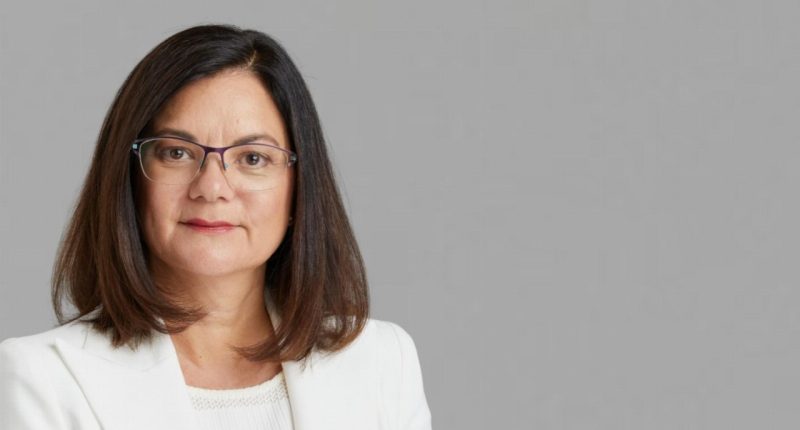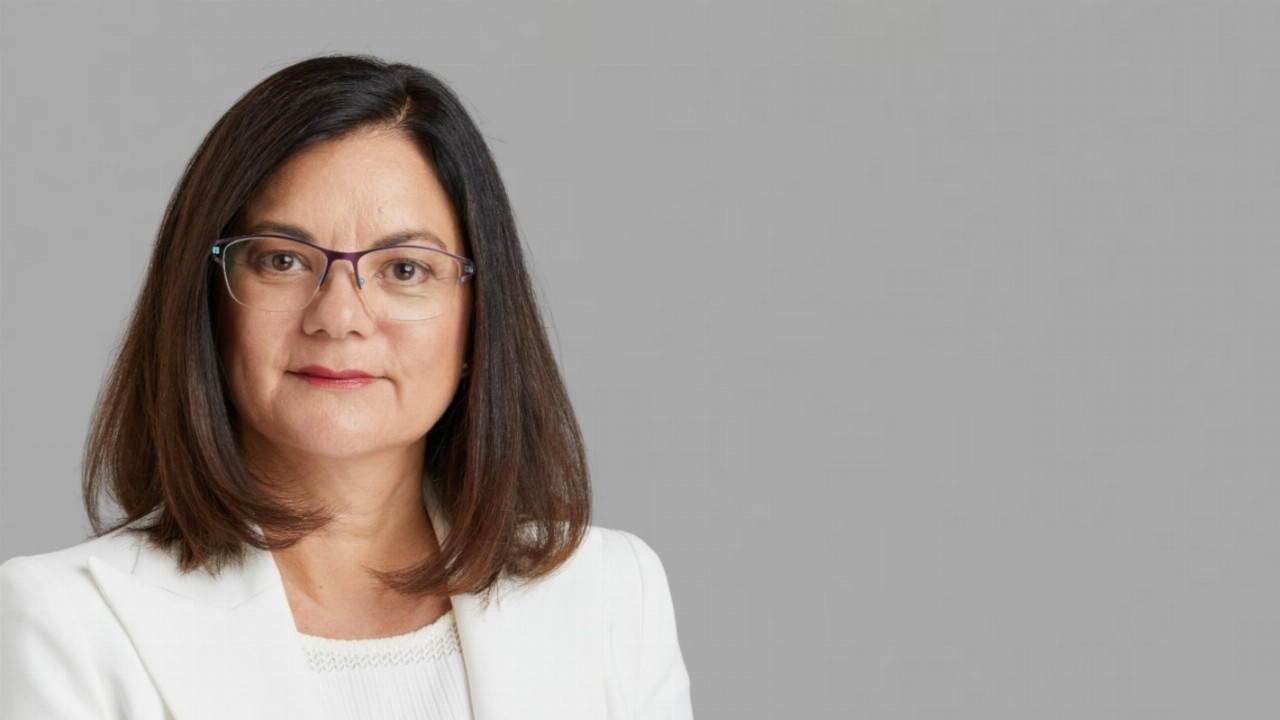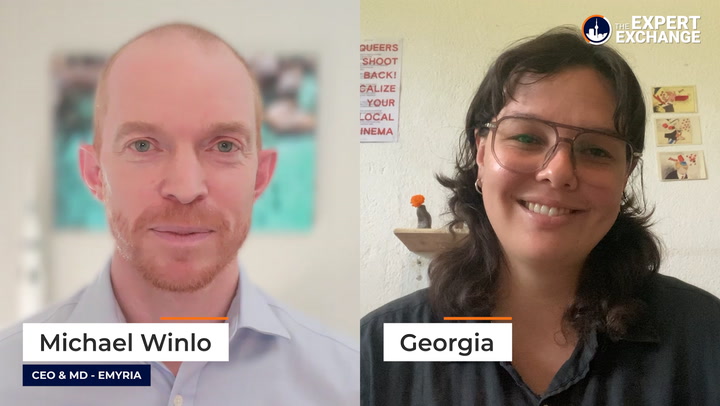There aren’t many Aboriginal women leading corporations in Australia. According to Worora and Walmajarri woman Katina Law, including herself, there are only about three or four Indigenous women who sit on ASX-listed boards.
Most recently, in November 2022, Putejurra woman Kate George accepted the position of Non-Executive Chair for gold miner Ten Sixty Four.
But back in 2017, Katina Law made history when she became the first Aboriginal woman to Chair an ASX listed company when she led the IPO of Ardea Resources.
Fast forward to the present day, and Katina is a powerhouse: she runs an Aboriginal-lead corporate consulting firm, IPS Management Consultants; she sits on the boards of multiple companies, including not-for-profits such as the Beananging Kwuurt Institute; and she has started a number of businesses with a strong focus on supporting Aboriginal people.
A humble woman, Katina makes you feel like you’re speaking to your mum’s best friend, despite the fact she’s a seriously impressive business leader.
One of the first things she mentioned at the beginning of our interview:
“I don’t really do a lot of publicity.”
Humble beginnings
Katina grew up in Derby, Western Australia — a country town in the Kimberley, North of Broome, that was the main regional centre when Katina was growing up.
“My mother was a teacher, and she was very focused on education,” Katina told me.
She recounted trips to Perth during school holidays where her mother would take Katina and her brother to visit the University of Western Australia.
“I must have been, like, eight or nine, and my brother was a bit younger, and she took us to UWA and she said, ‘This is where you’re gonna come to university.'”
Less than a decade later, Katina went on to study commerce at UWA and became an accountant.
Growing up, Katina didn’t know who her Aboriginal family were. She knew she was Aboriginal, but she said “it just wasn’t something that you talked about.”
“It wasn’t until I was about 20 that I went back and met my relatives … I knew them, and I didn’t even know they were my relatives, and they lived in the community down the road.
“It was lovely, they were very welcoming and friendly.”
Stepping into the corporate world
After completing her commerce degree, Katina was accepted into a graduate program with Argyle diamonds.
She was based on-site at the mine, then upon completing the program, became a site accountant for around four years.
When everyone was moved from the mine site to Perth, Katina took a redundancy before accepting a job with BHP Iron Ore for a year.
It was during this time Katina applied for a job as a consultant in Indonesia.
“I always had a strong sense of adventure, and I always wanted to live and work overseas,” she said.
“So I applied and got the job and went to Indonesia, and my very first day there, they sent me to the island of Kalimantan, Borneo.”
Katina worked at a number of mines across Indonesia before getting a job with Newmont, which was in the process of building the Batu Hijau copper-gold mine — one of the largest construction projects in the world at the time.
Katina lived on the island of Lombok for around two and a half years with her husband before moving to London, where she completed her MBA at the London Business School.
In the middle of her MBA, Katina did an internship in Hong Kong and had a baby as well: her firstborn son, Joshua.
The family then moved to Denver, Colorado, where Katina got a job with Newmont, putting together all the financial plans for around 40 mines.
A number of years later, she moved back to Australia, where she got a job with LionOre as a business developer and consultant.
She then took the step into working for herself for around 10 years, before accepting the role of CEO of East Africa Resources in 2012.
During that time, Katina and her business partner founded former ASX-listed Ampella mining, which, according to Katina, “went on to do very very well” as one of the first mining companies in Burkina Faso.
New businesses and giving back
In 2015, East Africa Resources went through a takeover, and Katina decided to diversify what she was doing.
This was when she started IPS Management Consultants — a majority Indigenous-owned management consultant company that services government, tier-one corporates, and small businesses, with a particular passion for Indigenous engagement and supporting Indigenous businesses.
A large part of IPS involves Aboriginal business mentoring, which is also something Katina has done on a personal level.
“It’s being available to people who you know might be interested in going into business, just having a conversation to either encourage them or discourage them, because this isn’t for everyone,” she explained
“It’s great to see how many opportunities there are now for Aboriginal people in business and how that’s really grown as a sector.
“Loads of larger corporations have Aboriginal purchasing policies and create opportunities in their supply chains for Indigenous businesses.”
In November 2022, IPS became a finalist in the Telstra Best of Business awards, with results to be announced in February.
At the same time as starting IPS, Katina also founded Dutjahn Sandalwood Oils — a business that manufactures Australian Sandalwood Oil at a factory in Kalgoorlie.
DSO supports Indigenous people to sustainably harvest wildwood from native title lands and is the only Australian entity to have received the United Nation’s Equator Prize
She also joined the boards of Ardea Resources (ARL) and Headspace, and in recent years has joined the boards of other not-for-profits, such as stepping in as Chair of the Beananging Kwuurt Institute and Director of the K Farmer Dutjahn Foundation.
Breaking the mould and paving the way
Katina managed to crack into the corporate leadership world, and she wants others in minority groups to know it’s possible.
“It can be done, it has been done,” she said.
“Hopefully there will be other people that come behind … It might seem really difficult, but it can be done.”
Katina believes big-cap companies — the likes of BHP and Rio Tinto — are taking the right approach to meet diversity targets, specifically related to gender.
However, she believes it’s the small to mid-cap companies who are still struggling to shake up the gender, ethnicity and background of their boards, and that’s what’s holding many of them back.
“Just be open to the possibility of having a woman, be willing to give someone who maybe doesn’t have board experience but does have a strong background in mining or whatever you’re looking for … an opportunity, and just be open about having some diversity at the table. You will have a better conversation around your board table.”
Katina feels humbled to have made history.
“I guess it’s a privilege and an honour, and I guess it’s interesting now that … the world is changing and Australia is changing.”
She’s thrilled to see other Indigenous women now stepping in to lead ASX-listed corporates in Australia.
“It’s great! We should start a little committee.”








